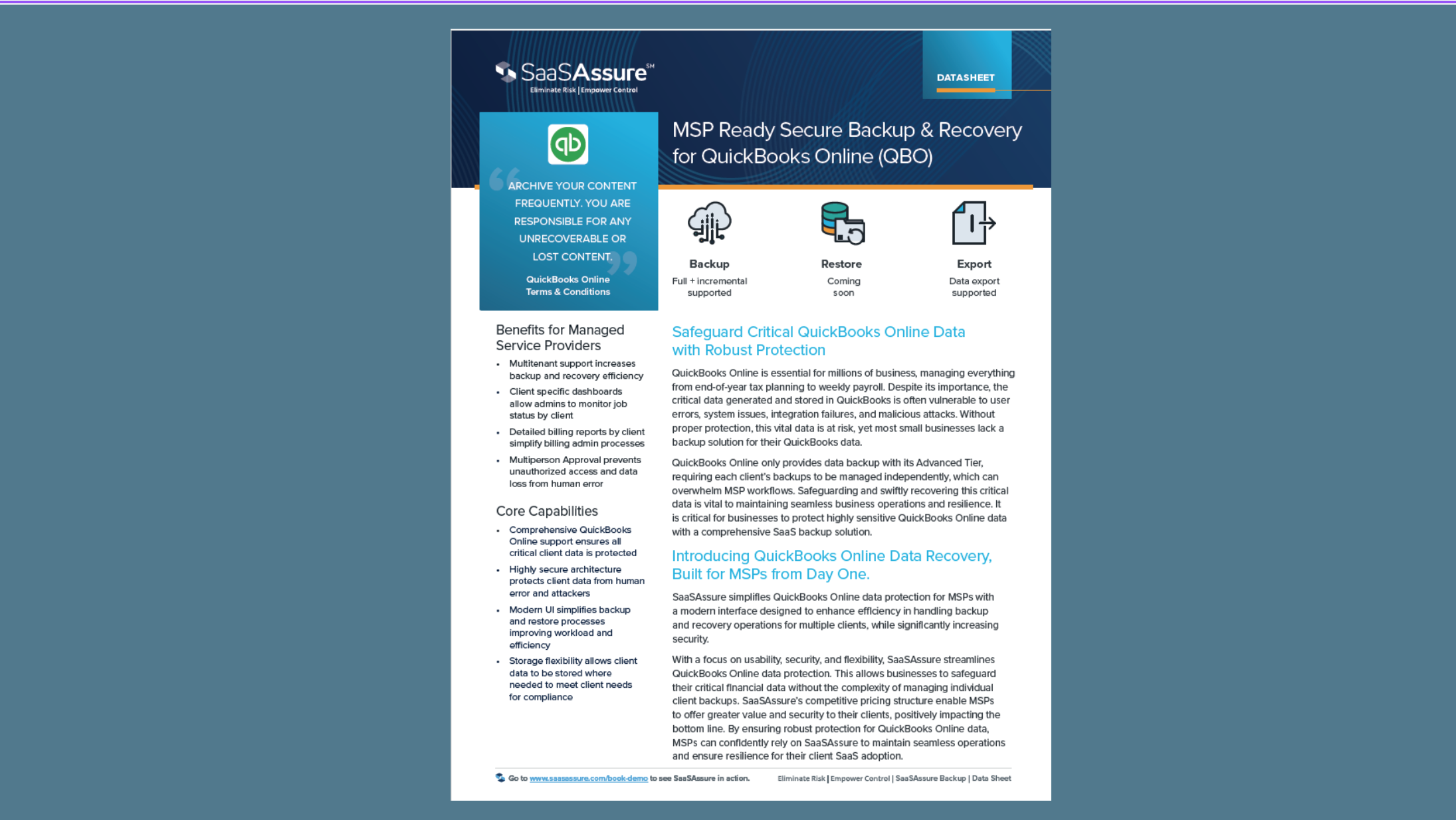At Microsoft Ignite 2017,†Scality, a world leader in object and cloud storage, announced immediate availability of Scality Connect for Microsoft Azure Blob Storage. Scality Connect enables any application that works with Amazon S3 to support Microsoft Azure Blob Storage without modification. Scality Connect is implemented as a stateless container within a customer’s Azure subscription, providing extreme scale-out performance in addition to advanced security innovations as data never leaves the user’s subscription.
“Enterprises want to use multiple clouds, but they don’t necessarily want to support multiple programming interfaces for their applications,” said†Giorgio Regni, CTO at Scality. “Scality Connect for Microsoft Azure allows customers with proven Amazon S3 applications to take immediate advantage of both Azure Blob Storage and Amazon S3 without having to modify their applications in any way.”
Tad Brockway, General Manager, Microsoft Azure Storage at Microsoft Corp. added, “Cloud choice for object storage and advanced workloads represents the future and Microsoft is pleased to collaborate with Scality to bring it to life with Scality Connect for Azure Blob Storage. This solution makes it easier for developers and enterprises of all sizes to effortlessly and cost-effectively deploy thousands of apps within Microsoft Azure and leverage its many advanced services.”
Scality Connect for Azure Blob Storage automatically translates Amazon S3 API calls to Azure Blob Storage API calls, enabling customers to immediately consume Azure Blob Storage with their proven Amazon S3 applications. Scality Connect for Azure Blob Storage stores data in Azure native format so customers can access that data with Azure cloud services such as†† Azure Machine Learning or Microsoft Power BI toolsets.
“Scality is excited to be working with Microsoft on Scality Connect to best serve our mutual customers as they transition to the new multi-cloud world,” said†Wally MacDermid, VP of cloud business development at Scality. “Supporting multiple cloud providers with the freedom and control to scale based on customer business requirements, while maintaining the ability to store some data on-premises, is a strategic priority for enterprises.”













